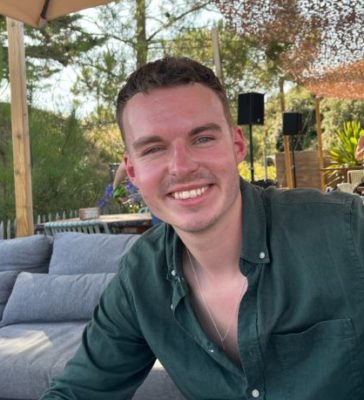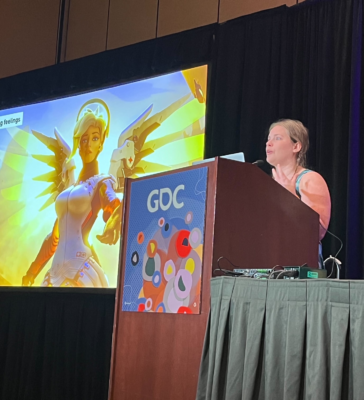
Jacob Colman
Current Employer/Organisation Name
DeepL
What have you been doing since leaving Exeter, and what are you doing now?
After graduation, I moved to Dublin and worked at Facebook as an account manager. I had a brilliant 1.5 years in Ireland and it was really exciting to be part of the Facebook during its rebrand into Meta. Being part of a huge company enabled me to learn a lot, however I craved the opportunity to be part of a scale-up and have a more integral role in a company. So, in August I began working at DeepL – Germany’s biggest AI company, specialising in translation – and am loving this new opportunity. Day to day, I work with clients to enable them to overcome their business challenges by using artificial intelligence to address their translation and communication needs.
Why did you choose this career? And what do you enjoy most about your work?
Doing philosophy, I had a very open mind as to what I do upon graduation. In the end, it was a recruiter from Facebook that reached out to me (I was a huge LinkedIn addict during university), so it was very much decided for me. However, what I’ve enjoyed most about my unlikely career in tech is seeing time and time again how the course you studied at university gives you so many transferable skills you may not have thought could be transferred into a certain industry. Moreover, I think today, so many companies are after the soft skills you have acquired from any degree discipline, just as much as any directly transferable professional skills.
Please tell us if you were a member of any societies, groups or sports clubs?
I loved my time at Exeter and made a lot of friends I’m still in contact with today. Outside of my studies, I was part of the rowing club and of course, the philosophy society.
What did you enjoy most about your programme and what was the biggest highlight?
What I enjoyed most about studying philosophy at Exeter was meeting and discussing philosophy with so many equally like-minded philosophy lovers. Growing up I had so many questions that were often met with “that’s so deep” from friends. However, those very questions were the topic of seminars and lectures, essays and exams at university – in a course studied by hundreds – so I really felt like I’d found ‘my people’ and was in a place where we could share a love of philosophy.
What did you enjoy most about studying here?
Exeter is such a welcoming environment. I actually transferred into Exeter during my second year, having done an academic transfer after my first year at another university. Within weeks I felt settled – despite starting year 2 not knowing anyone – and the overall campus feel is one of inclusivity and everyone looking out for each other.
Why did you choose to study at Exeter?
The fact that Exeter’s campus is set amongst such nice grounds was definitely a reason for picking Exeter, however in all seriousness, I think it’s reputation and course standings really speak for themselves. I’ve come across Exeter graduates both at Facebook and in my current role and the overwhelmingly positive experiences are utterly widespread.
What skills and experiences have been most useful for your career?
Philosophy as a subject really gets you to think critically and in an out-of-the-box way, evaluating and problem solving in a non-obvious way. I think such skills are precisely what businesses and organisations value so much today, particularly with the rapid increase in automation and AI-utilisation. Moreover, even things as small as the skills learned in seminars of how to have a structured, balanced and inclusive debate or discussion are incredibly useful in a work context.
What advice would you give to a current student who wishes to pursue your career?
A career in tech takes so many forms and includes people from so many backgrounds and degree disciplines. The one bit of advice I’d give anyone looking to pursue a career in tech is not to let the degree you studied define you. Some of the best people I’ve worked with in tech studied art history or langauges, as well as the more typical business and technical subjects. So, be it tech, or a completely different industry, I’d really advise seeing yourself as a graduate from a great university that can do anything, rather than assume you’re boxed into a particular career path based on what you studied.
What are your plans for the future?
I feel really excited about DeepL’s mission to overcome language barriers and bring cultures closer together – this is definitely a mission I can see myself motivated by for many years to come. So in terms of plans for the future, I’d love to build on my existing experience and progress in DeepL.

